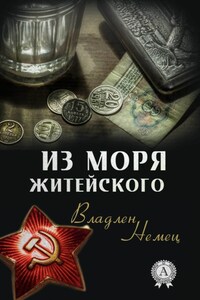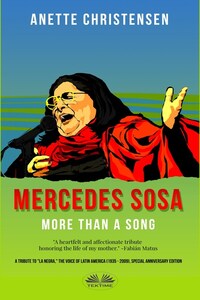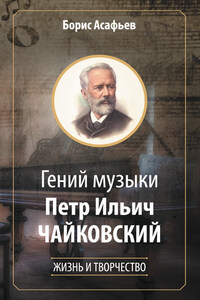‘Chris Donald has written a brilliant book . . . an enthralling story . . . and as you’d expect from the creator of Billy the Fish and Roger Mellie, it’s also extremely funny.’
The Guardian – The Guide
‘If you haven’t read Chris Donald’s excellent book about that excellent magazine, get your copy now while stocks last.’
Evening Standard
‘Donald is lucid and engaging, and he’s affably disrespectful to the celebrities he meets when his life turns (relatively) showbiz.’
Q Magazine
‘The inside track on the why, who, how and what for of Britain’s greatest publishing phenomenon’
Loaded
‘a very good read’
New Statesman
‘Clunky’
Time Out
Dedicated to the memory of my mum, Kay, who would not have approved.
Also to my dad, Jimmy, and my wife, Dolores.
Oh, and ‘hi’ to my kids. Hi kids.
Way back in 1992 Viz publisher John Brown suggested I write a blockbuster book telling the story of our magazine. And what a remarkable story it would be. In the space of a few years the tatty rag I’d started from my Newcastle bedroom, with a print run of 150, had grown to become the third best-selling magazine in Britain, with an astonishing circulation of 1.2 million, outselling Woman’s Own, Cosmopolitan and Hello! Only the Radio Times and TV Times sold more copies. Viz was a publishing phenomenon, revolutionizing the magazine market and making household names of Biffa Bacon, Johnny Fartpants and Buster Gonad. Its social effects had been dramatic too, launching words like ‘oo-er!’ ‘hatstand’ and ‘hairy pie’ into the national vocabulary, and paving the way for the great 1990s chauvinism revival through politically incorrect stereotypes like Sid the Sexist and the Fat Slags. Viz had even pre-empted the chronic decline of TV broadcasting standards through the creation of Roger Mellie the Man on the Telly.
As the founder and editor of Viz I had enjoyed a remarkable, rags-to-riches, roller-coaster ride of against-all-odds achievement and outrageous controversy. I’d won publishing awards, offended gypsies, been invited to tea by Prince Charles, and been taken in for questioning by officers of New Scotland Yard’s Anti-Terrorist Branch. Along the way I’d gained incredible insights into the world of light entertainment as I launched, almost single-handed, the hugely successful showbusiness careers of Harry Enfield and Caroline Aherne, to name but two. I’d caught my wife up to no good with Keith Richards in Peter Cook’s attic, I’d wined and dined the delightful Catherine Zeta-Jones, and I’d seen John Leslie’s cock in the showers at a celebrity football match. By any standards the book would have been a sensation – a bean-spilling, blockbusting, number-one best-seller.
But I turned to John and I said, ‘No’. I didn’t want to write a book at that stage. I didn’t need money – I was already a millionaire. I drove a BMW, holidayed at Sandy Lane, and bought ridiculous children’s bedroom furniture from Harrods. And I didn’t want to write a book that would crassly hit the shelves while Viz was at the peak of its popularity. Unlike Geri Halliwell and England rugby skipper Martin Johnson, for example, I don’t believe in the opportunist, cash-in autobiography. I prefer to see a fuller picture, a retrospective view. For me the most interesting part of Brian Clough’s autobiography would not be the glory days, the championship victories and European Cup success. I’d want to read the bit where he ended up asleep in a neighbour’s hedge, pissed as a fart. And if I was reading Rod Hull’s autobiography I wouldn’t want to hear him brag about knocking Michael Parkinson off his chair in the 1970s. I’d want to know what the fuck he thought he was doing up on that roof.
Unfortunately Rod Hull’s book can never be published, but I’m hopeful this one will. Because now that Viz has reached its twenty-fifth anniversary, and Roger Mellie has had a few problems with his own TV aerial, this seemed like a perfect time to write it.
Chris Donald
January 2004








